16 November 2018
The three tangible actions we’re taking to address modern slavery
Slavery is more common today than when it was “abolished”. In fact, there are more slaves now than at any time in human history. The Asia Pacific is home to about half of the world’s 45.8 million slaves.1 Modern slavery can take the guise of human trafficking, servitude, child labour, sex trafficking, forced labour and debt bondage.
The recent passing of the NSW Modern Slavery Act is a massive step forward to addressing worker exploitation. A Commonwealth Act should follow shortly, making it compulsory for many organisations (based on a revenue threshold) to report on modern slavery.
At NDY, we maintain a strong focus on social risks, as part of our values, and consultancy offering to our clients. We are tackling the modern slavery challenge with three complementary approaches.
ACTION 1: Screening our supply chain and activity for social risks transparency – Our alignment with the Modern Slavery Act
NDY Tetra Tech CEO Stuart Fowler is a strong supporter of the Modern Slavery Act and the firm’s investigation into its own supply chain.
“Our brand is synonymous with ethical, fair and honourable work practices, and it’s vital that our supply chain reflects this approach. Our Values speak about the importance of treating others as we wish to be treated: this is a non-negotiable in all of our relationships extending throughout our entire supply chain.”
In alignment with the Act requirements, NDY is undertaking the first stage of the journey. The sustainability team has been screening the complete list of NDY suppliers to identify key risk areas for potential modern slavery malpractice. Dr Marie Le Pellec, Senior Sustainability Engineer at NDY Tetra Tech is leading this initial process. “We are looking at sectors and countries NDY is supplying from. Although our direct supply chain is mainly in Australia, some products and services we buy have tier 2 and tier 3 suppliers overseas, where risks can be higher. By analysing our annual spend in each sector and using a social database, we identify high risks in our supply chain.
By analysing our annual spend in each sector and using a social database, we identify high risks in our supply chain.
“A high risk doesn’t mean we do have existing modern slavery in our supply chain,” adds Dr Le Pellec. “But it shows where to focus our effort to ensure we do everything we can to keep our supply chain aligned with our values. What is the type of modern slavery for this sector? What are the key questions we should ask our potential suppliers? What should we avoid buying?”
We are only at the beginning of a long journey. But this first step is our commitment to recognise our responsibility and show transparency.
ACTION 2: Social-sustainable procurement for our clients
The Social part of sustainability has gained a significant interest in the last years. Companies have concerns about how social risks could impact their brand and reputation. Modern slavery is one of these key risks.
Dr Le Pellec says many companies may be unwittingly supporting modern slavery conditions. “Some roles within modern supply chains, are often performed by people who may have very limited choices other than to accept pay and conditions imposed upon them. In some cases, it may be on a large scale, such as the purchase of technology and equipment from overseas manufacturers, and other times it may be within our very offices.” Dr Le Pellec references the example of office cleaners working for wages which fall well below the minimum wage.
Our sustainability group is increasingly assisting companies with supply chain screening, to help them implement more sustainable procurement processes.
Using the same approach as for our own supply chain, we identify their key social hotspots. The next step is to develop a sustainable procurement strategy that can include a suppliers’ code of conduct, procurement category management plans, etc.
Instead of trying to do everything with little impact, we focus on the key issues to ensure the best social outcomes for our clients.
ACTION 3: Socially sustainable projects through materials and products selection
Thanks to existing green certifications for building and infrastructure, it has become almost standard to select building products and materials with a view to limit the project environmental impact. Recycled content, low embodied energy, energy efficient lighting, project teams aim to be environmentally friendly through procurement requirements.
Similarly, there is an increasing willingness to make a project socially friendly, through the supply chain – product procurement, as well as direct activity – construction workers. Our role is to help companies supply the materials and products with the lowest social risks. We will recommend supplying from preferred countries for a given material. Alternatively, we will suggest preferring another material with lower risk, if aligned with the project design requirements. These requirements can then be used in the project specifications, alongside environmental requirements.
Our role is to help companies supply the materials and products with the lowest social risks.
Addressing modern slavery is a long-term challenge. It starts with transparency and commitment, and will only be possible through cooperation between major players in each industry to make each supply chain better.
By utilising our modern slavery approach and tool, we will work with you to readily identify potential hotspot areas within your current supply chain and align with the Modern Slavery Act requirements.
Contact the team at [email protected].









